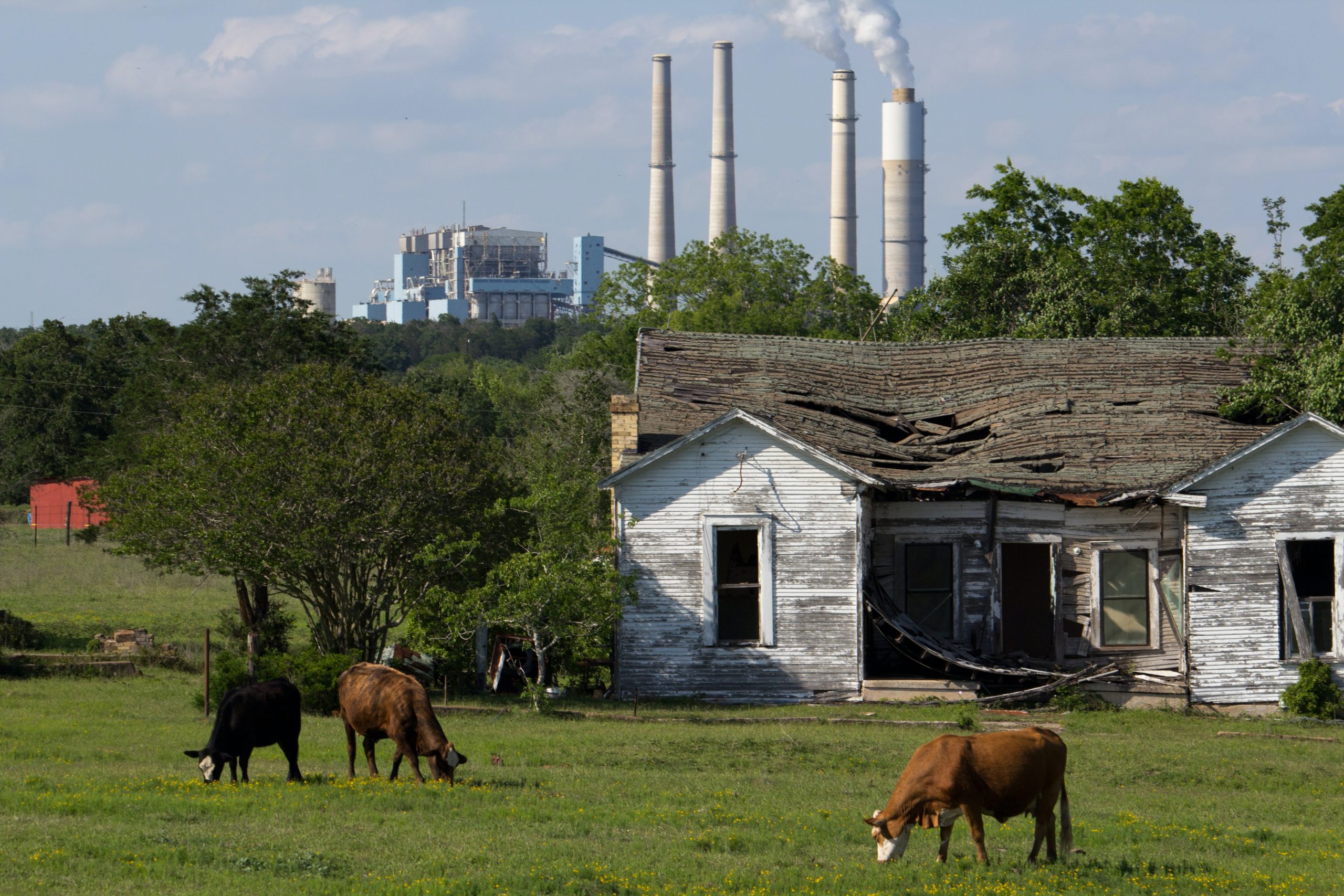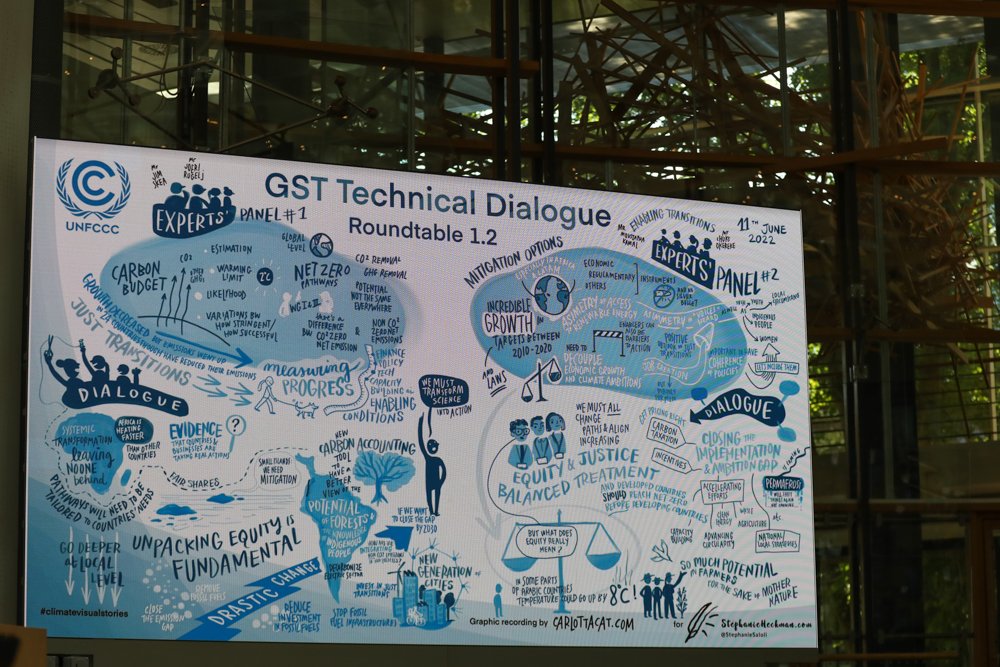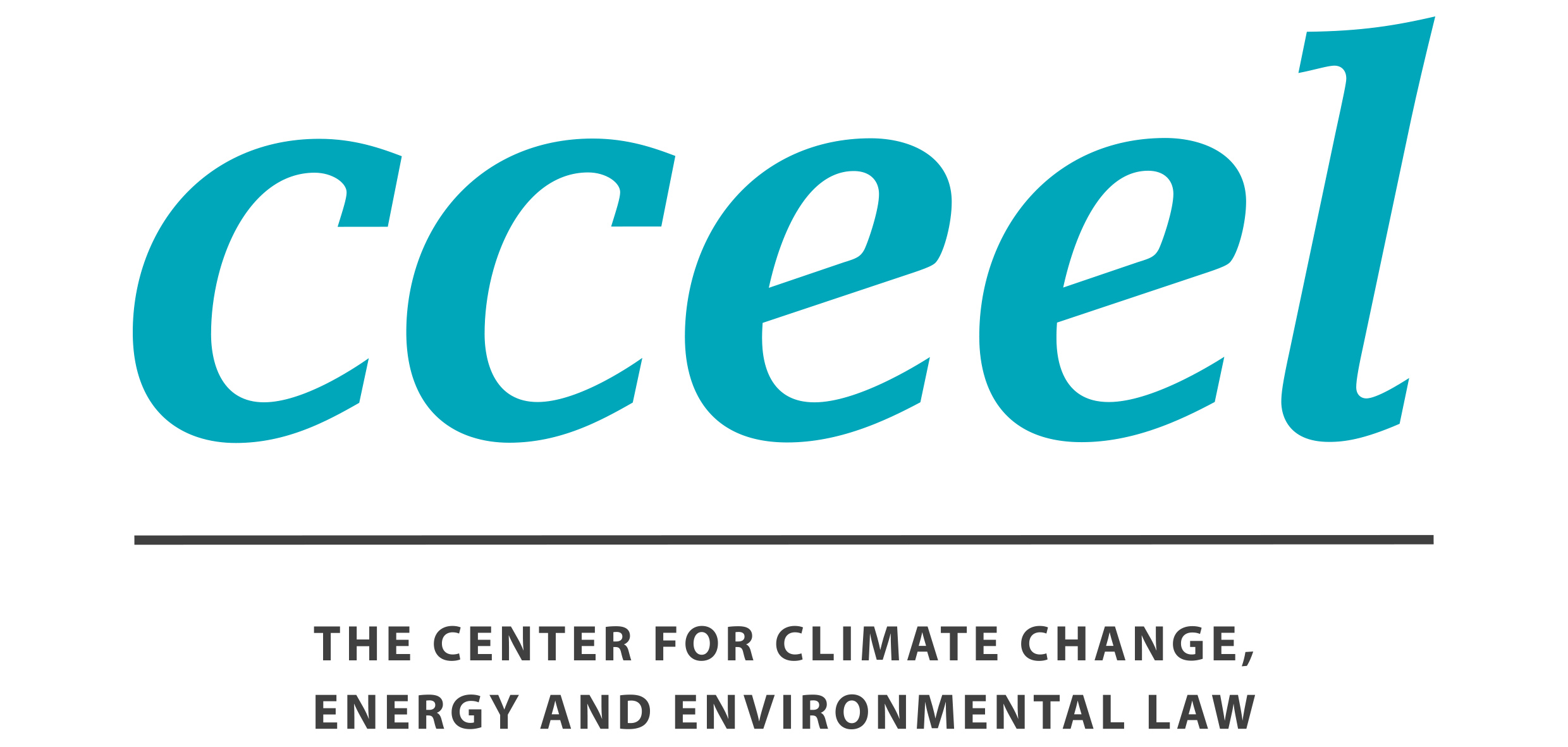
COP27-ilmastokokous: Onko Suomen neuvotteluvaltuuskunnan sidosryhmäjäsenillä mahdollisuuksia vaikuttaa neuvotteluihin?
Teksti: Tuula Honkonen. First published in the 2035Legitimacy blog on 06 November 2022. Vuosittainen YK:n ilmastokokous, jota joskus suureksi ilmastonäytelmäksikin kutsutaan, on jälleen täällä. Millainen rooli on varattu kotimaisille sidosryhmille Suomen neuvotteluvaltuuskunnassa? Onko heillä aitoja vaikuttamisen mahdollisuuksia Suomen toimintaan Sharm el-Sheikhissä? Miten Suomi osallistuu COP-27-kokoukseen? Ilmastonmuutosta koskevan puitesopimuksen ja Pariisin ilmastosopimuksen osapuolikokoukset (COP-27) alkoivat tällä […]

A brief history of short-lived climate pollutants in environmental science and governance
By Niklas Löther, Research Trainee Interest in climate forcers other than CO2 is on the rise. The IPCC’s latest assessment report dedicates a full chapter to such substances, including gases like methane and HFCs but also aerosols like black carbon. Methane in particular then took centre stage at last year’s COP26, where over 100 states […]

Taking stock of the stocktake: Reflections from the Bonn Technical Dialogue
By Nicola Sharman, Early Stage Researcher and Harro van Asselt, Professor of Climate Law and Policy From 6-16 June, government officials and other delegates, including experts, non-governmental organisations, business representatives, and other non-state actors met in Germany for the annual UN Bonn Climate Change Conference. High on the agenda was the first meeting of the […]

Five takeaways on international climate cooperation from the IPCC’s Sixth Assessment Report on mitigation
By Harro van Asselt, Professor of Climate Law and Policy. First published in the NDC Aspects blog on 7 April 2022. The latest report by the Intergovernmental Panel on Climate Change (IPCC) underscores once again why this is a critical decade for climate action: to keep global warming below 1.5°C with a chance of more than […]

Observer participation in the wake of COP26: the role of human rights law
By Nicola Sharman, PhD Researcher. The blog text was originally published on the GNHRE blog as part of COP26 Blog Series on 30 November 2021 and on the 2035Legitimacy blog on 7 December 2021. In the months leading up to COP26, the UK presidency repeatedly committed to make it the ‘most inclusive COP ever’. Yet this […]
